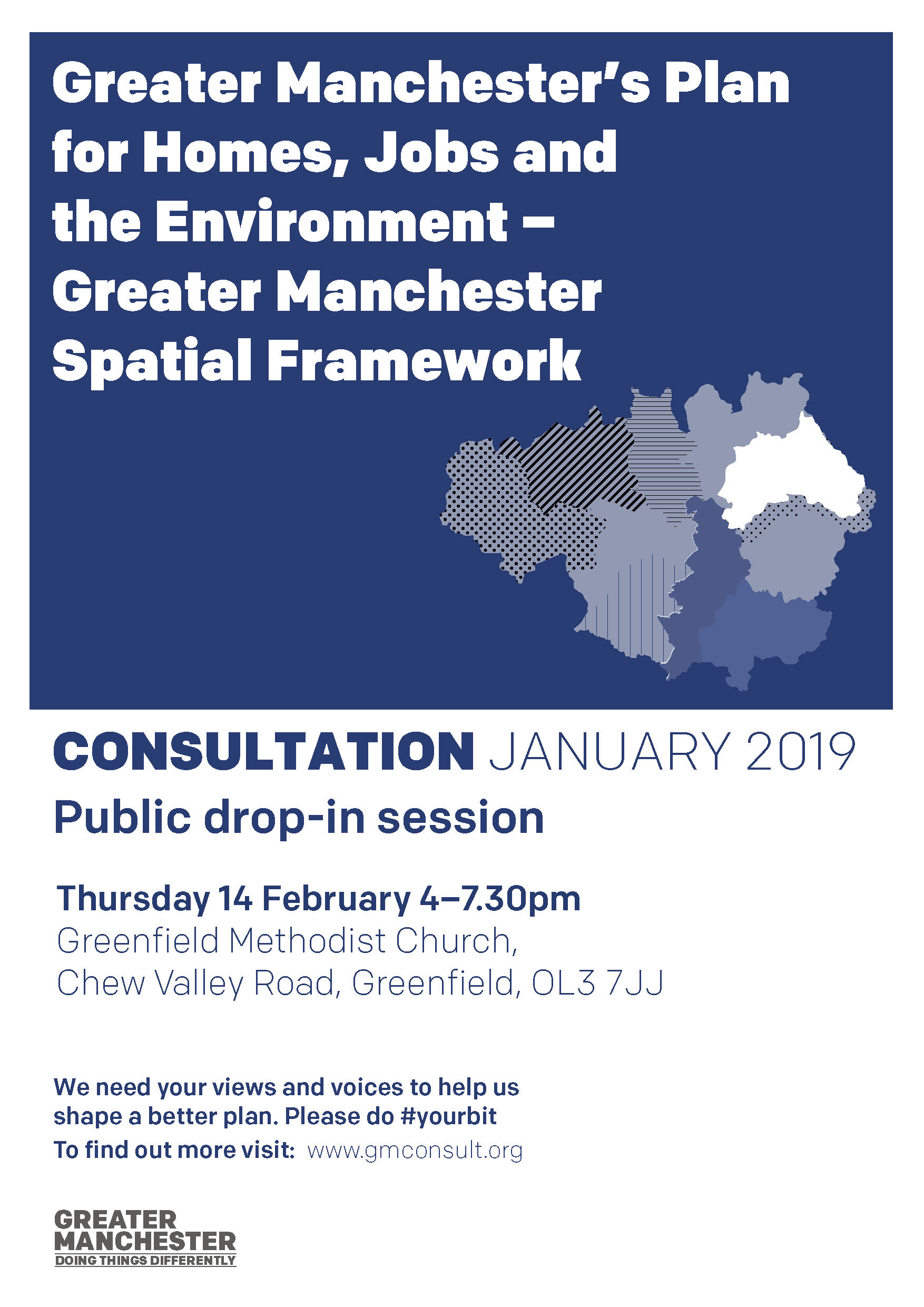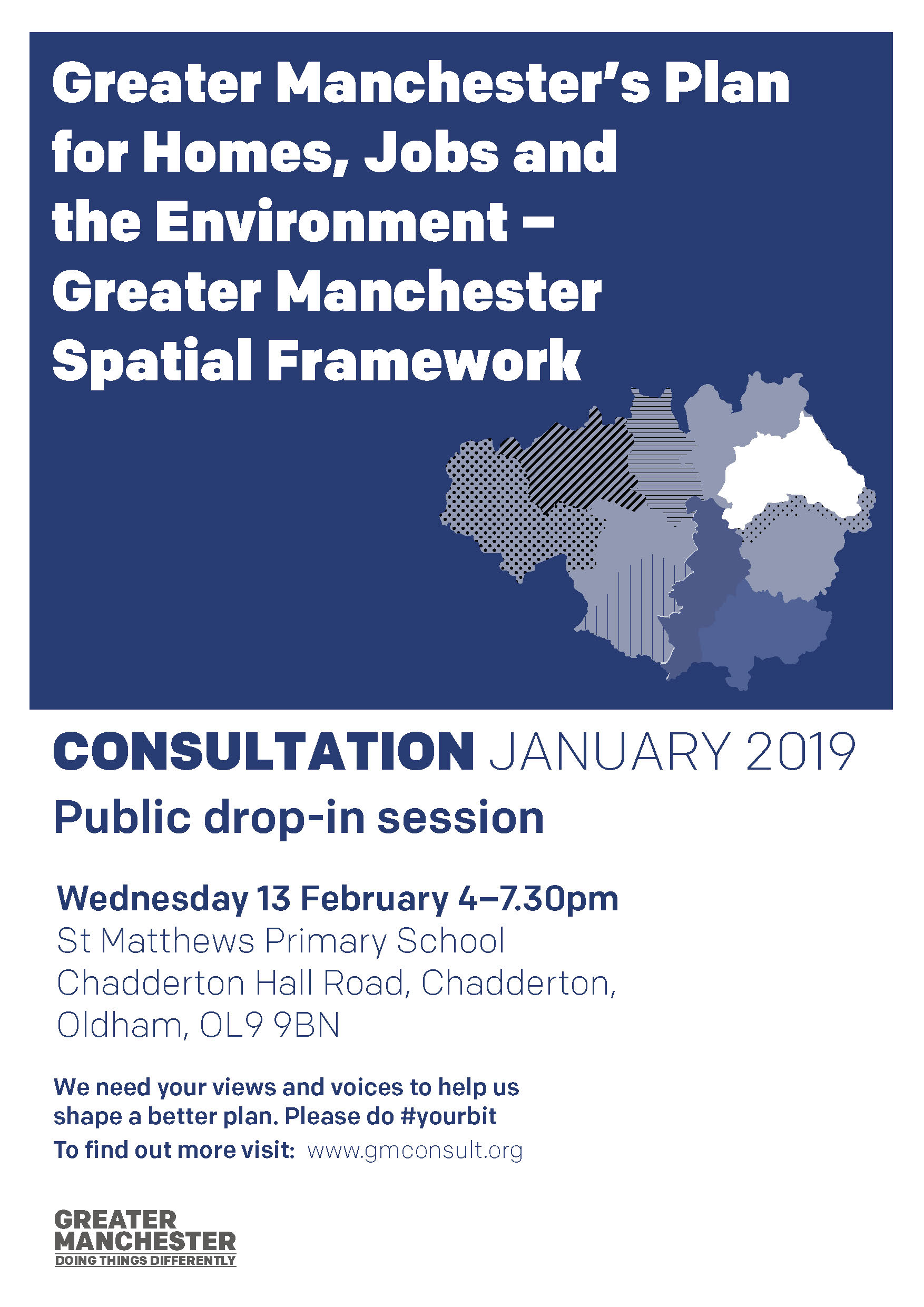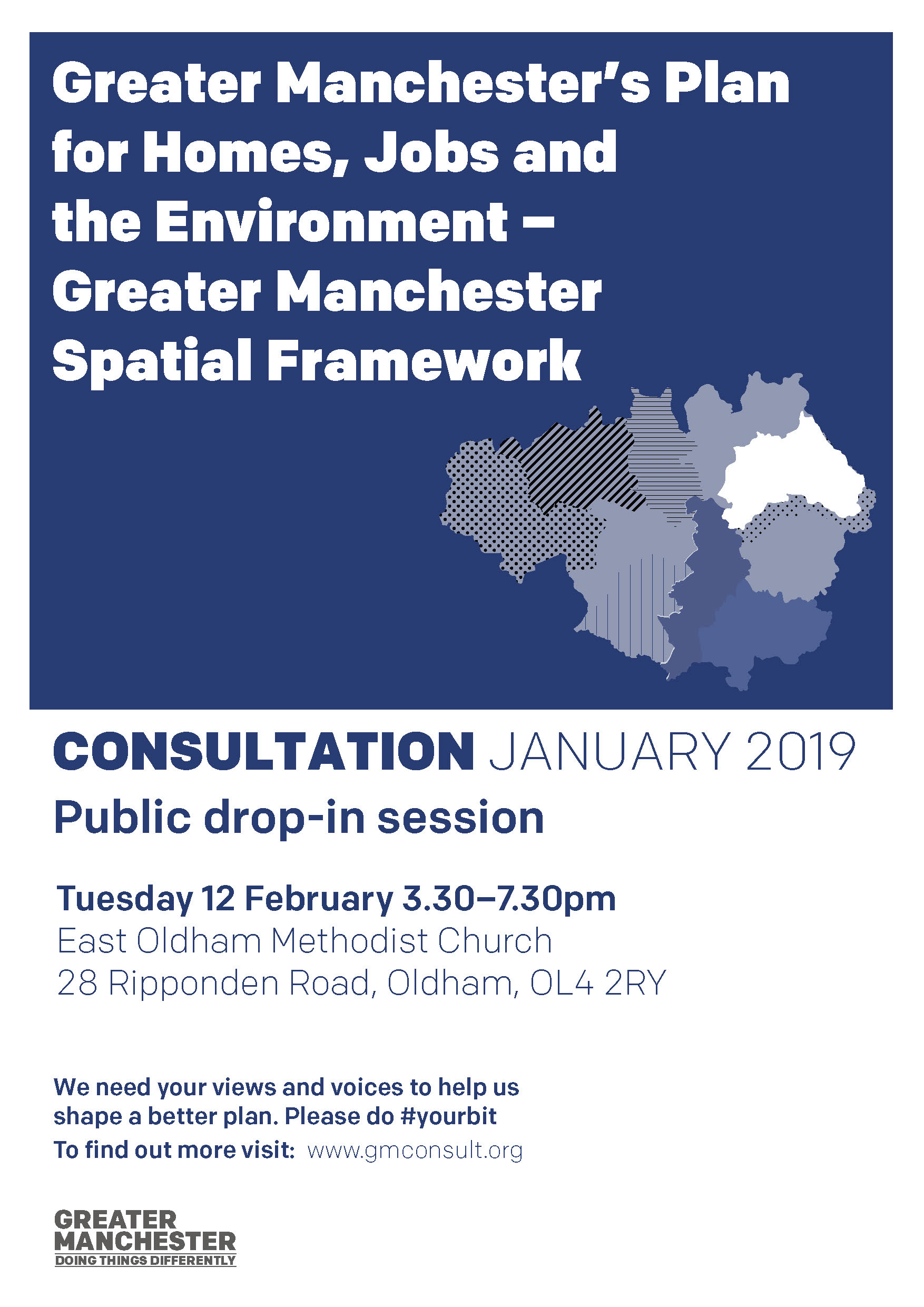 The Leader of the Opposition and Leader of the Liberal Democrat Group, Councillor Howard Sykes MBE, has responded to a consultation with Councillors on the proposed new Housing Strategy for the Borough by asking for more affordable, accessible and environmentally friendly homes to be built.
The Leader of the Opposition and Leader of the Liberal Democrat Group, Councillor Howard Sykes MBE, has responded to a consultation with Councillors on the proposed new Housing Strategy for the Borough by asking for more affordable, accessible and environmentally friendly homes to be built.
Councillor Sykes said: “More affordable homes are needed, including more homes for social-rent and for part-ownership, especially for first-time buyers and renters on a lower income who need a helping hand to get on the housing ladder. With our growing population, we will also need more accessible properties catering for the needs of older people with disabilities, for families with one or more children with disabilities and for young adults with disabilities wishing to live independently.”
“Finally, we are all becoming increasingly aware of the need to reduce our carbon footprint to help save Mother Earth. The Oldham Liberal Democrats would like to see more eco-homes with excellent thermal insulation and the means to produce electricity and heat from renewable sources, and, with the drive towards electric vehicles, with a charging point as standard.”
For the Liberal Democrats, a given is that housing development should not be on the greenbelt. Councillor Sykes added: “We are totally opposed to any house building on our precious green belt when there are existing brownfield sites that can be built upon first, including cleared sites with planning permission and derelict mills and empty shops in our town centres that can be converted. These locations are often eyesores and local people would often welcome them being brought back into productive use. The greenbelt is irreplaceable and once lost will be lost forever – that is why so many residents in this borough are up in arms about Labour’s proposals in the Greater Manchester Spatial Framework.”
Copy letter below:
Tim English, PFI Principal Project Manager, Housing Strategy, Oldham Council
Dear Mr English,
The Oldham Liberal Democrat Group would like to make the following suggestions for consideration as part of the next housing strategy.
There should
- Be a focus on affordable housing:
A high priority should be placed upon ensuring that our affordable housing strategy is, in light of the recent comments, robust and ‘fit for purpose’
We should explore new ways of providing homes in partnership with local providers, including by investigating:
- The option of setting up a Housing Development Company
- Making use of reforms in the use of the Housing Revenue Account and prudential borrowing powers to finance house building by the new company
- Accessing finance via the new LG Develop scheme recently established by the Local Government Association
- Identifying, with partners (such as housing associations, the NHS, local developers and landowners), local land sites that have potential for housing development through the new company
- Be a focus on accessible housing.
For many people living with disabilities and of working age there are few housing options available to them.
Homes in the private sector frequently lack the amenities and equipment necessary for occupation and utility by someone who is disabled, and there is currently no requirement for such housing providers to market properties so equipped to suitable applicants.
The Accessible Housing Project, managed by the Oldham Housing Investment Partnership, in 2011 – 12 catalogued approximately 4,000 homes in the social rented sector (around 20% of the stock) that were ‘accessible’, providing ground-floor and / or specially adapted accommodation. However for working age tenants as many of these were located within age restricted or grouped schemes, it is seldom attractive to younger disabled applicants who wish to access employment, value their independence and who desire to live amongst their peers.
Reports on the national situation (such as the 2012 Trailblazers report ‘Locked Out’ produced by a group of young disabled adults) identified the problems that disabled people of working age encounter in finding suitable ‘accessible’ accommodation in the private rented and for-sale sectors, frustrating their aspirations for independent living, social mobility, to make a career or start a family.
In addition, the Accessible Housing Project identified a continued need for
- Larger houses (particularly 4-bedrooms) for families with a child or children with complex disability needs.
- Short-term respite accommodation to enable hospital discharges and rehabilitation, whilst the individual’s current home is adapted in readiness for resettlement or re-housing.
- Bespoke accommodation for clients with complex needs currently living in supported accommodation and seeking independent living, but still requiring significant 24-hour care and support.
Indications at the time were that there would be an increasing disconnect between need and supply if corrective action were not taken to build such specialist homes in Oldham.
I know some good work has come about in recent years, and we need to revisit this to ensure we are following (and establishing) current best practice.
- Be a focus on sustainable housing
Built in harmony with the environment with (wherever practical and affordable) a minimal carbon footprint, highly insulated and with self-generating renewable energy sources.
The Liberal Democrats strongly believe that new housing should be built on existing brown field sites, those sites that already have planning permission, or created through the conversion of mills, shops, industrial premises and offices where these are no longer required for their original purpose.
We also believe that housing should be co-located with places of employment, health care, education, worship, recreation and shopping to create holistic communities that provide for the needs of their residents, and that they should be well-served by public transport. This will reduce the need for car journeys and so reduce the carbon footprint.
In addition, as there will in future be a drive towards electric cars replacing petrol-driven vehicles it is our belief that planning consents should in future require developers to provide an electric vehicle charging point for each house or where these comprise flatted or grouped schemes a number of shared charging points. Furthermore consideration needs to be given, in circumstances where the development is aimed at disabled residents, for the safe storage and charging of electric wheelchairs and scooters.
I thank you for your consideration of these points and I would welcome a response from you on them in due course to relay to members of my group.
Yours sincerely, Howard Sykes
CC Councillor Hannah Roberts, Cabinet Member for Housing










